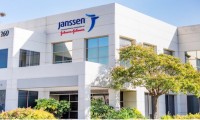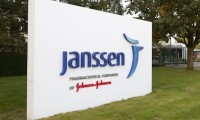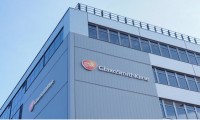-
Seagen Touts Phase III Data for Breast Cancer Combo Therapy
- Source: drugdu
- 200
- August 18, 2023
-
Chasing AstraZeneca and Pfizer, Johnson & Johnson snags FDA nod for prostate cancer combo Akeega
- Source: drugdu
- 112
- August 16, 2023
-
FDA Approves J&J’s Akeega for BRCA-Positive Prostate Cancer
- Source: drugdu
- 184
- August 16, 2023
-
Clinigen clears out cancer therapies in line with latest growth strategy
- Source: drugdu
- 106
- August 15, 2023
-
Janssen’s Talvey granted FDA accelerated approval for difficult-to-treat blood cancer
- Source: drugdu
- 164
- August 15, 2023
-
Astellas invests $50m to support advancement of Poseida’s cancer cell therapy
- Source: drugdu
- 111
- August 11, 2023
-
Eli Lilly announces positive results for Retevmo in phase 3 lung cancer study
- Source: drugdu
- 197
- August 9, 2023
-
Study helps understand how RNA modification promotes pancreatic cancer
- Source: drugdu
- 204
- August 8, 2023
-
With Takeda and Hutchmed hot on the trail, Taiho wins FDA nod for stronger Lonsurf regimen in colorectal cancer
- Source: drugdu
- 130
- August 4, 2023
-
GSK’s Jemperli Beats Merck’s Keytruda for Frontline Endometrial Cancer Approval
- Source: drugdu
- 120
- August 3, 2023
your submission has already been received.
OK
Subscribe
Please enter a valid Email address!
Submit
The most relevant industry news & insight will be sent to you every two weeks.













